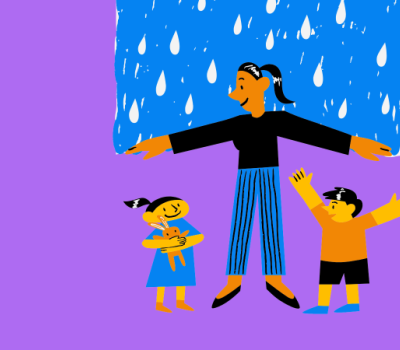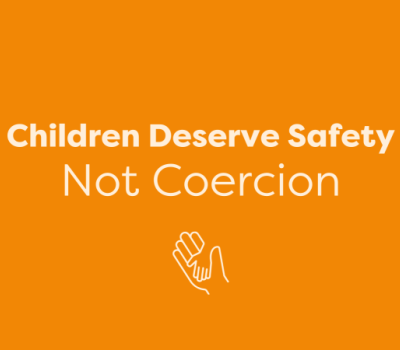Last week, the House Energy and Commerce Committee released its long-awaited Committee bill, and as we expected, cuts to Medicaid are on the table. According to the Congressional Budget Office, the bill would cause 13.7 million Americans to lose their health coverage should the bill move forward.
While the bill includes sweeping provisions that would strip coverage from millions nationwide, Utahns face another immediate and localized threat: the return of work requirements for individuals on Medicaid Expansion.
What is Medicaid Expansion?
In 2019, Utah became the 37th state to expand Medicaid fully. When the Affordable Care Act (ACA) was enacted in 2010, a provision of the law called for a nationwide expansion of the Medicaid program. The expansion would allow the program to cover all adults aged 19–64 with income below 138% of the Federal Poverty Level (FPL). The federal government currently finances 90% of the cost of the newly expanded coverage.
Expanding Medicaid eligibility to this new population marked a significant stride toward health equity in Utah, allowing more Utahns access to comprehensive healthcare benefits that cover essential services such as doctor visits, hospital care, emergency services, prescription medication, and beyond.
For an in-depth analysis and explanation of Utah’s Medicaid Expansion journey, please see Appendix 1 in our 2024 State of Kids Coverage Report.
Utah's New Work Requirement: Another Threat to Coverage
At the state level, Utah has already moved forward by proposing its own work requirements. In late April, Utah's Department of Health and Human Services proposed a 1115 waiver demonstration to implement a Community Engagement requirement, better known as work requirements, for individuals in the Medicaid Expansion group. Under this proposal, enrollees are expected to participate and complete additional administrative tasks in order to keep their health coverage.
This includes completing the following all within a 3-month period:
- Registering for work through the state system,
- Completing a job training needs assessment;
- Finishing the required training modules; and
- Applying to at least 48 jobs
63 percent of Utahns enrolled in Medicaid are working, while the majority of others act as caregivers, attend school, or cannot hold a job due to disability or illness.
While the state projects that around 90% of beneficiaries will meet an exemption, the burden of proof will still fall on all 83,000 members. The application process is already complex and time-consuming—especially for individuals who may struggle with access to a computer, broadband, or have low health literacy. Adding the extra burden of fulfilling work requirements or providing proof of exemption will only deepen these challenges. It creates a “time tax” on low-income individuals, forcing them to navigate bureaucratic hurdles just to keep the health coverage they rely on.
Evidence from other states is clear: work requirements create administrative and system barriers, causing eligible people to lose their Medicaid coverage. No one should lose their health care just because they’re struggling to make ends meet.
Continuing with this work requirement waiver while the federal government is still determining its own policy direction will only create greater confusion for beneficiaries and result in significant, unnecessary costs to the state.
Work Requirements are not good for Utah families
Nearly 20,000 Utah parents are part of the expansion group. If a parent or caregiver fails to meet the work requirements as a result of barriers to work such as the lack of adequate childcare, transportation, or simply a failure to provide needed information, they may lose their coverage.
Studies continually show that when parents have coverage, children are more likely to be insured and receive care. One study found that children are 29% more likely to get preventative services when their parents are also enrolled in Medicaid. The potential loss of coverage for both children and their parents jeopardizes children’s long term health and development.
Utah’s proposal moves us in the opposite direction, only making it more difficult for parents to remain covered. If a parent does not meet the 120 hour monthly work requirement, whether due to lack of childcare, transportation, or paperwork, they could lose their coverage. While parents with children under six are exempt, parents who are still raising other young children in elementary school for example, would still be impacted. These work requirements will not help parents get healthier or more stable, they will only add administrative hurdles that make it harder for them to access coverage and care.
Lastly, Utah continues to have one of the highest rates of uninsured children in the country. An estimated 6.6% of Utah children are uninsured and this added administrative burden to families could potentially increase our already high level of uninsured rate for children.
Make your voice heard!
Click here to submit a public comment by May 22nd!
Protect Medicaid Utah
Voices for Utah Children has joined trusted healthcare organizations, Medicaid beneficiaries and fellow advocates to launch the Protect Medicaid Utah campaign. This broad coalition is united in defending Utah’s Medicaid program from harmful threats and cuts at both the state and federal level. These proposals threaten to take away coverage, increase administrative burdens, and destabilize our healthcare system.
Together, we are standing up for children, adults, seniors, people with disabilities, and Utah families who rely on Medicaid every day, because when we protect Medicaid, we protect Utah.
You can sign the pledge, join the coalition, and explore more ways to support at ProtectMedicaidUtah.org.
The Bottom Line
Policymakers know cuts to Medicaid are deeply unpopular.
Whether it’s slashing coverage directly or using backdoor tactics like work requirements, cuts by another name will lead to the same result: families will lose access to care, kids will miss critical check-ups, and people will be forced to choose between their health and their livelihood.
Dividing people into "deserving" and "undeserving" of coverage misses the point: cuts will hurt all Utahns.












